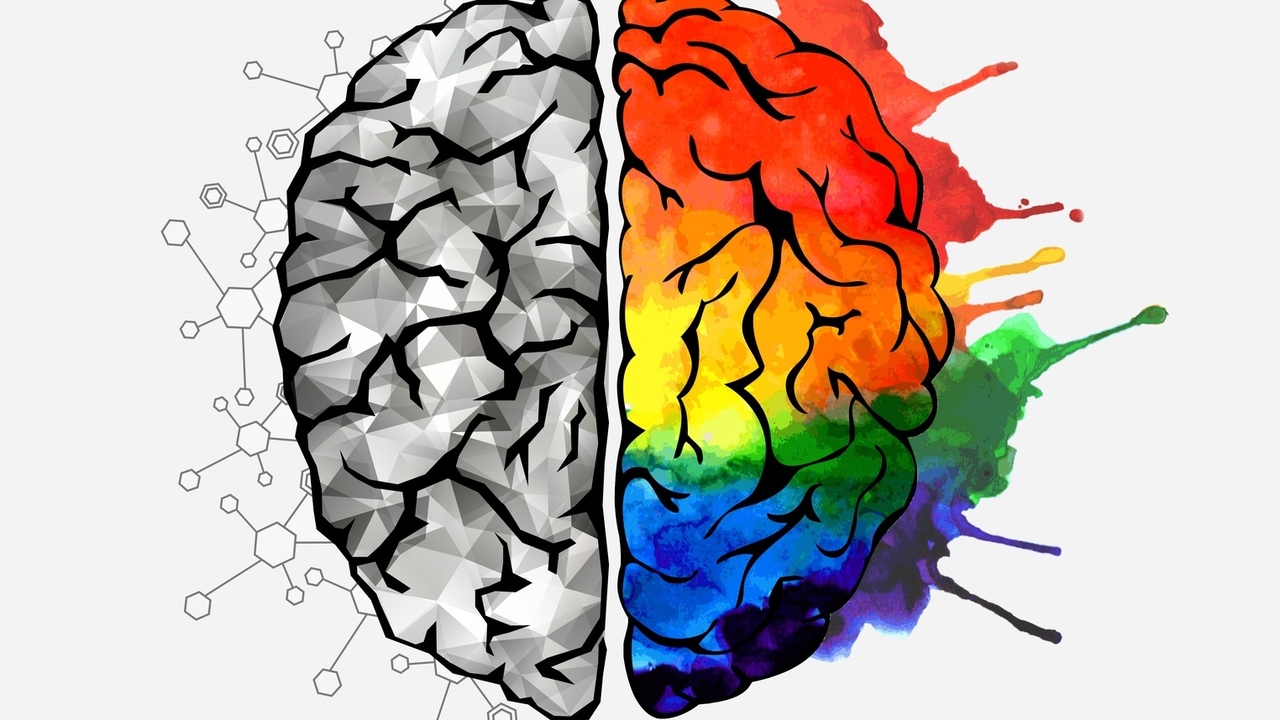 ksuksu/Fotolia
ksuksu/Fotolia
Think for a moment about the following words: depressive, bipolar, mania, schizophrenia. What comes to mind when you think of mental illness? Fear, disdain or a condescending concern?
That’s called stigma, defined by Merriam-Webster as a mark of shame or discredit.
Did you perhaps instead think of great leaders, such as Martin Luther King Jr., Gandhi and Theodore Roosevelt? Or the Nobel Prize winning mathematician, John Nash?
Are You Stigmatizing Mental Illness?
Several analyses of media and print, and responses to surveys by 2000 American and English citizens, as reported by World Psychiatry, have identified three main stigmatizing attitudes about mental illness (1):
a) “persons with severe mental illness should be feared and, therefore, be kept out of most communities;
b) “authoritarianism: persons with severe mental illness are irresponsible, so life decisions should be made by others;
c) “benevolence: persons with severe mental illness are childlike and need to be cared for.”
Many patents diagnosed with mental illness feel a deep shame, irrespective of social prejudice. Referred to as self-stigma, those with mental illness often nurture a prejudice against themselves. This self-stigma, combined with a fear of rejection, can lead people to take fewer risks and pursue fewer opportunities. (1)
Recent research into the benefits of mental illness may expedite change concerning societal stigmas. In 2013, the American Psychological Association held a groundbreaking conference during which panelists presented research on the benefits of bipolar disorder. (2)
Leadership Skills and Bipolar Disorder
The link between mental illness and creativity is widely accepted: Ludwig Van Beethoven, Vincent Van Gogh and Ernest Hemingway reported manic depression. But many of history’s great leaders have also had bipolar disorder: Theodore Roosevelt, Winston Churchill and General George Patton. (3)
In the Harvard Business Review, Manfred F. R. Kets de Vries wrote, “As history shows, manic-depressive leaders like these are great in a crisis, refusing to bow to adversity. They rush in where others feared to tread and can inspire others to follow.”(3)
Of course, the flip side of that mania is that it is often followed by depression. Bipolar disorder's high energy and effectiveness is often followed by depression's debilitating inertia and social withdrawal.
In his book, "A First-Rate Madness: Uncovering the Links between Leadership and Mental Illness,” Dr. Nassir Ghaemi investigates the relationship between mental illness — in particular bipolar disorder — and successful leadership. (2)
Ghaemi reflects on Winston Churchill, who was warning the world about the Nazi threat as early as October, 1930.
Ghaemi wrote, “What made Churchill see the truth, where Chamberlain saw only illusion? I believe Churchill’s severe recurrent depressive episodes heightened his ability to be realistic about the threats that Germany posed. There is no doubt that Churchill had severe periods of depression; he was open about it—calling it his 'Black Dog.’” (4)
Ghaemi concludes by reiterating that numerous studies on depression indicate that it often makes the people who suffer from it more realistic than their “normal” peers.
Evolutionary Roots of Mental Illness
In evolutionary terms, when survival of the fittest weeds out the weak, mental illness has heretofore been considered maladaptive.
Physicians Dr. Andrew Miller and Dr. Charles Raison have proposed that some alleles associated with depression also provide us with increased immunity. They reason that acute stress — which often leads to depression and its symptoms of social withdrawal, lack of energy, and decreased interest in activities — may benefit our immune system. (5)
Social withdrawal and decreased energy can redirect the body’s resources toward fighting infection. The isolation induced by depression reduces the chances of being exposed to infection in the first place. (5)
Genetic variations of some alleles that cause depression may be boosting our immunity. Drs. Miller and Raison propose that “the high price imposed by depressogenic alleles mandates a compensatory high payoff in terms of pathogen defense.”
If their theory is confirmed by future research, the study of major depressive disorder may lead to advances in the field of immunology. (6)
Several dozen genes may be responsible for the development of schizophrenia. Evolutionary geneticist Steve Dorus told Scientific American that many of the variants were positively selected and remained unchanged over time, suggesting a past evolutionary benefit. One theory posits that schizophrenia may be "an unfortunate consequence of the development of human speech, expression and creativity." (7)
“Making the natural seem strange is unnatural,” states the home page of the Center for Evolutionary Psychology. (8) The study of how evolution shapes the mind and behavior promises to reduce the social stigma of mental illness — making it less strange — by revealing its natural origins and evolutionary benefits.
May we all be well. No matter what our genes say.
Sources:
1) Understanding the impact of stigma on people with mental illness. NIH.gov. Retrieved January 25, 2016.
http://www.ncbi.nlm.nih.gov/pmc/articles/PMC1489832
2) Advantages in Bipolar: No Longer If, But Why and How. psychologytoday.com. Retrieved January 25, 2016.
https://www.psychologytoday.com/blog/bipolar-advantage/201306/advantages-in-bipolar-no-longer-if-why-and-how
3) Helping a Bipolar Leader. HBR.org. Retrieved January 25, 2016.
https://hbr.org/2014/03/helping-a-bipolar-leader
4) A First-Rate Madness: Uncovering the Links between Leadership and Mental illnesswww.nassirghaemi.com. Retrieved January 25, 2016.
http://www.nassirghaemi.com/a_first_rate_madness__uncovering_the_links_between_leadership_and_mental_illness_106180.htm
5) The Evolutionary Advantage of Depression. TheAtlantic.com. Retrieved January 25, 2016.
http://www.theatlantic.com/health/archive/2012/10/the-evolutionary-advantage-of-depression/263124
6) The evolutionary significance of depression in Pathogen Host Defense (PATHOS-D). nature.com. Retrieved January 2016.
http://www.nature.com/mp/journal/v18/n1/full/mp20122a.html
7) It's No Delusion: Evolution May Favor Schizophrenia Genes. ScientificAmerican.com. Retrieved January 25, 2016.
http://www.scientificamerican.com/article/evolution-may-favor-schizophrenia-genes
8) Evolutionary Psychology: A Primer. USCB.edu. Retrieved January 25, 2016.
http://www.cep.ucsb.edu/primer.html
Reviewed January 26, 2016
by Michele Blacksberg RN
Edited by Jody Smith





Add a CommentComments
There are no comments yet. Be the first one and get the conversation started!